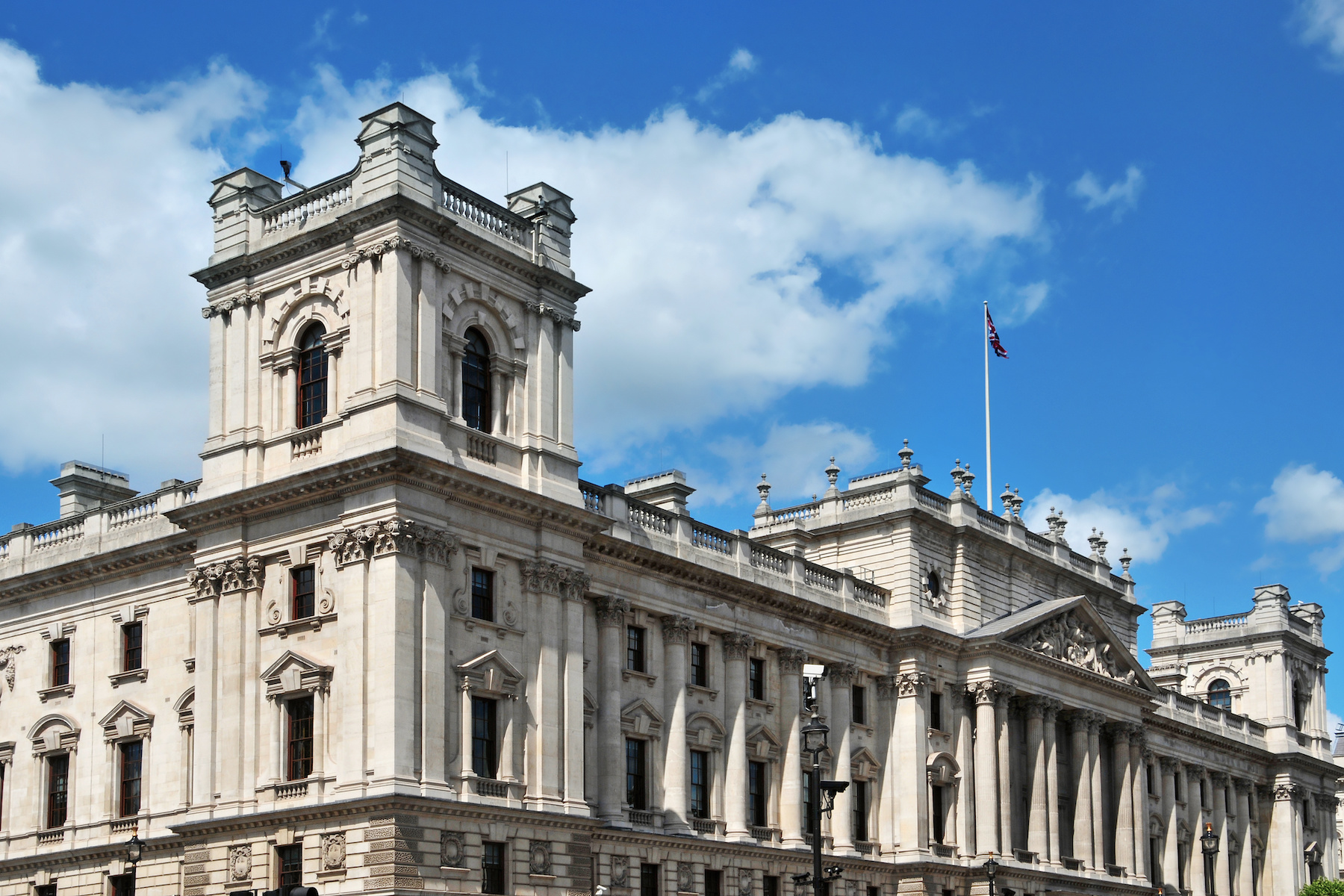Budget 2021 included billions in extra aid for distressed businesses. Here are the key policies you need to know about.
Chancellor Rishi Sunak has unveiled a further £65 billion in government support for businesses suffering due to Coronavirus restrictions.
In Wednesday’s Budget, the Chancellor announced a suite of grants, cuts and reliefs designed to help companies through the last months of lockdown and ready themselves for the reopening of the economy.
A rebooted Future Fund, a state-backed loan programme, and an extended furlough scheme were all part of the treasury’s plans to drive an investment-led recovery powered by the private sector.
Here’s a breakdown of the new support the government announced yesterday. For more information about what funding is available to your business and how you can apply, check out our comprehensive Coronavirus Support Guide.
For all the latest Coronavirus support and business funding news, make sure you sign up for GrantTree’s newsletter.
Recovery Loan Scheme
The treasury is launching a new, state-backed loan programme called the Recovery Loan Scheme.
Recovery Loans will deliver a range of debt financing facilities worth between £25,000 and £10 million per company, with the government guaranteeing lenders 80% of their outlay.
The loans will be available to businesses of any size, as well as firms that have already received funding from the Bounce Back, CBIL or CLBIL schemes.
These programmes have delivered over £73 billion in state-backed finance to struggling firms, but are scheduled to close at the end of the month.
The programme will go live on 6 April and stay open until 31 December, subject to a review. Further details on applying will be announced at a later date.
Future Fund: Breakthrough
Following the generally successful Future Fund, the government will launch a similar initiative called Future Fund: Breakthrough.
Like its predecessor, the £375 million Breakthrough scheme will see the treasury take equity in R&D-intensive, high-growth companies. Similarly, the state’s contribution will need to be at least matched by private investors.
However, unlike its predecessor, Breakthrough will only participate in funding rounds worth more than £20 million.
This means Breakthrough focus on more mature scale-ups, as well as companies that align with the government’s wider technological goals.
Furlough Scheme Extended
The government is extending the hugely popular Furlough scheme – formally, the Coronavirus Job Retention Scheme – until the end of September.
The state will continue to supply 80% of salaries for furloughed workers, up to a monthly cap of £2,500, through June.
The treasury will then ask employers to contribute 10% of wages in July, and 20% in August and September.
Restart Grants
The government’s £5 billion Restart Grants scheme will provide non-essential retail and leisure businesses in England with one-off payments of up to £18,000 per premise.
The treasury will offer £6,000 per premise to retailers and up to £18,000 per premise to companies in hospitality, accommodation, personal care and fitness.
Restart Grants are designed to help businesses “plan ahead and safely relaunch trading over the coming months.”
Business Rates and VAT
Staying with hospitality, retail and leisure, the treasury has also extended the business rates holiday by an additional three months. The extension means that some 750,000 firms in these sectors will pay no business rates for April, May, and June.
The government is also extending the 5% VAT rate for the tourism and hospitality industry until the end of September 2021.
The treasury will also introduce a reduced 12.5% VAT rate between September and March 2022, to soften the blow of a large tax jump.
Support for the self-employed
The government will issue a fourth Self Employment Income Support Scheme (SEISS) grant worth up to 80% of average monthly trading profits for February, March and April.
The taxable grant is available to those who became self-employed in the 2019 and 2020 tax years, meaning an additional 600,000 people could be eligible for assistance.
The grant will be broken out into two tiers, worth:
- 80% of 3 months’ average trading profits, capped at £7,500, for those whose turnover has decreased by 30% or more
- 30% of 3 months’ average trading profits, capped at £2,850, for those whose turnover has decreased by less than 30%
Eligible parties will be able to apply for the fourth SEISS grant between late April and early May.
The treasury will also make a fifth and final SEISS grant available in the summer.
Stay up to date
It’s early days for many of these schemes, so we’ll be doing more analysis as they take effect, or are adapted to reflect market need.
To receive the all latest news and analysis on Coronavirus support and business funding straight to your inbox, sign up for GrantTree’s newsletter!





